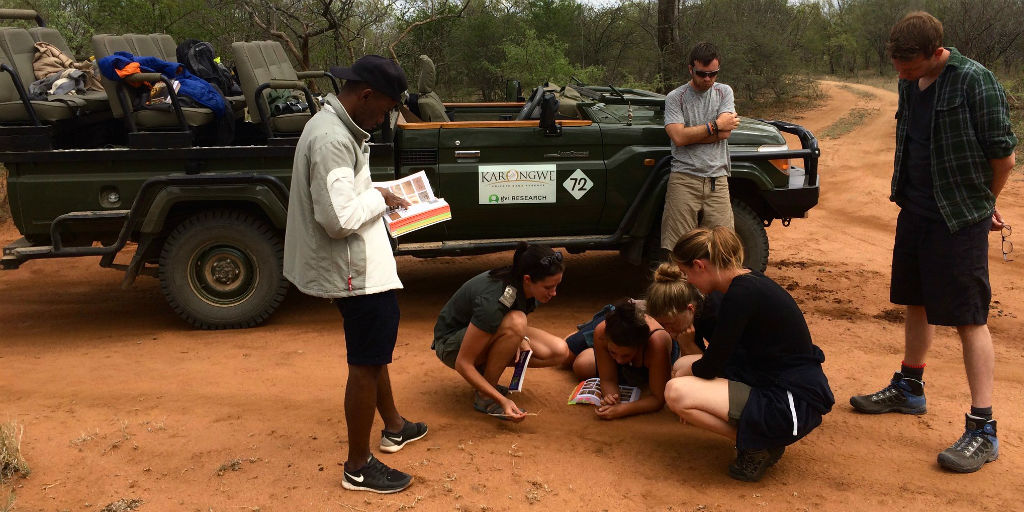none
Why do we need to save endangered species?
Plants and animals maintain the health of an ecosystem. When a species is threatened with extinction, it is a sign that an ecosystem is out of balance. And the results can be fatal.
An ecosystem is a group of plants and animals that exist in the same area and interact with each other. These interactions shape and maintain the environments we know today, such as rainforests, mountains and savannahs.
But balance within an ecosystem isn’t always easy to maintain; The loss of one species often leads to the loss of others. For example, when gray wolves were nearly wiped out in Yellowstone National Park in the United States, beaver populations also declined dramatically.
This is because elk populations, which normally prey on wolves, were free to eat large quantities of the vegetation that beavers needed to survive in the winter. Protecting endangered species and restoring the balance of the world’s ecosystems are also of great importance to humans. Here’s how.
Benefits of Conserving Endangered Species

A balanced ecosystem maintains the health of the environment. It ensures that humans have access to clean air, water and fertile land for agriculture. It goes without saying that clean air and clean water improve the quality of our lives and that fertile land for agriculture ensures the production of enough food for consumption. A balanced ecosystem also provides us with plants with medicinal properties. Therefore, if the ecosystem is not maintained, our health may also be affected. Therefore, contributing to endangered species conservation efforts also contributes to human well-being.
How can you help protect endangered species?
Governments, non-profits, international organizations, communities and individuals are working together to help increase the number of endangered species.
They are also creating awareness campaigns aimed at getting more people involved in important conservation work. You can make a difference by learning more about and raising awareness of endangered species in your area and around the world. A sustainable way to do this is to volunteer to work with governments and organizations like GVI on existing marine or wildlife conservation projects. This is a great way to learn about conservation and gain hands-on experience working in the field. These practical skills will enhance your resume for a career in sustainable development. And if you have a different career in mind, you’ll learn other essential skills like teamwork and leadership.

Volunteering is also a valuable opportunity to participate in scientific research aimed at wildlife conservation. Part of your job in a wildlife conservation program may include collecting data that provides valuable information for scientists to use. GVI works with local governments, communities and non-profit organizations to protect endangered species.
Therefore, by participating in our projects as a volunteer or intern, you have the opportunity to maintain a balanced ecosystem and protect the animals that depend on it. Learn more about saving in real-world situations and experience conservation challenges up close.
Here are some projects you can get involved in conserving endangered species with GVI.
Growkoc Team!
